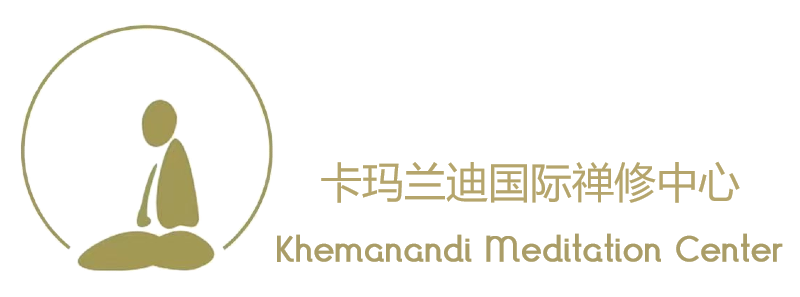Some Basic Guidelines
for intensive Vipassana Meditation
- Meditators should do 14 hours of formal sitting and walking meditation per day
- Meditators should stay alone and observe silence. Socializing is not encouraged at all.
- Meditators must refrain from talking.
- Meditators must keep reading and writing to an absolute minimum.
- Lay meditators must carefully observe the eight precepts. Smoking is not allowed. Monks and nuns must strictly observe their respective monastic discipline.
- Meditator must strictly adhere to the meditation teacher’s instructions and should not practice according to the other meditation methods.
- Meditators should not get involved in any activities not related to intensive meditation (e.g. listening to the radio, listening to the tapes, doing massage, taking photographs, collecting books, performing acupuncture, receiving visitors, cooking food, learning or teaching English, Burmese, Pali.)
- Meditators must restrain their senses; they should act like a blind, deaf, dumb, sick and dead person.
- Meditators must perform all activities in slow motion.
- Sleep should be limited to 4-6 hours per 24 hours.
- Meditators should practice with :
- respect and sincerity
- diligence
- honesty and straight-forwardness
- heroic effort
- perseverance
- patience
- sustained, continuous, moment-to-moment mindfulness from the time of waking up in the morning to the time of falling asleep at night
- There is no time for thinking, reflections, speculations, analyzing, or interpretations during intensive practice.
- Generally meditation is for people with a normal and stable mind. If, however, a person is not in shape to do intensive meditation practice, and can not conform to the strict discipline, then that person may not be admitted as a yogi.
